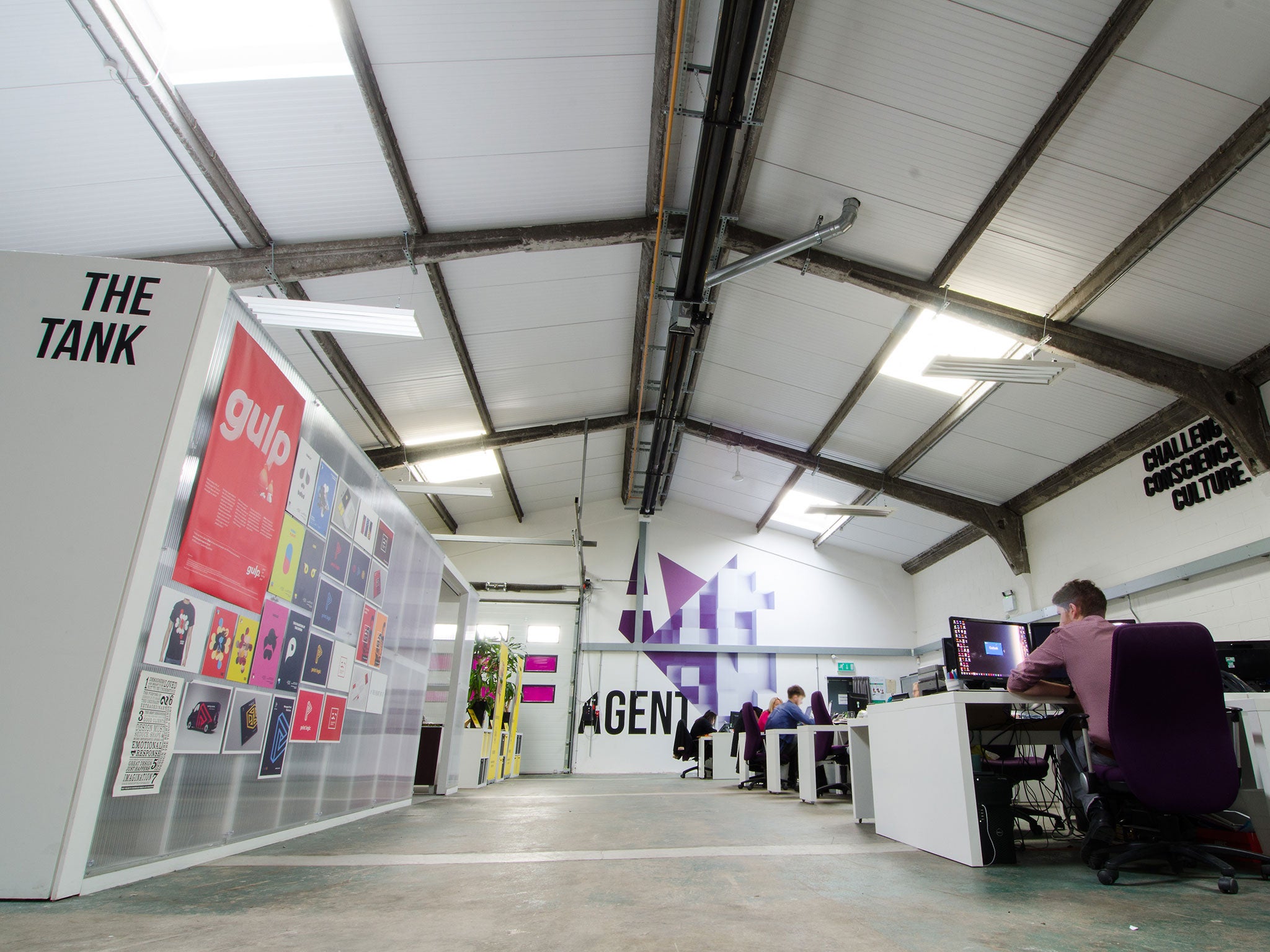Sweden's six-hour work day comes to the UK at Agent Marketing in Liverpool
Employees start at 9am and finish at 4pm, and must take a mandatory hour-long lunch break in the day

Your support helps us to tell the story
From reproductive rights to climate change to Big Tech, The Independent is on the ground when the story is developing. Whether it's investigating the financials of Elon Musk's pro-Trump PAC or producing our latest documentary, 'The A Word', which shines a light on the American women fighting for reproductive rights, we know how important it is to parse out the facts from the messaging.
At such a critical moment in US history, we need reporters on the ground. Your donation allows us to keep sending journalists to speak to both sides of the story.
The Independent is trusted by Americans across the entire political spectrum. And unlike many other quality news outlets, we choose not to lock Americans out of our reporting and analysis with paywalls. We believe quality journalism should be available to everyone, paid for by those who can afford it.
Your support makes all the difference.A UK company is trialling a six-hour day after seeing reports of its success in Sweden.
Agent Marketing, a marking agency with 14 staff based in Liverpool, implemented a six-hour day in December. Employees start at 9am and finish at 4pm, and must take a mandatory hour-long lunch break in the day where they can walk the office dog, play ping pong or relax on the office sofas.
Paul Corcoran, managing director of Agent Marketing, heard of Sweden's short workday in the press and decided to give it a go at his own company. At first employees kept to a strict 9am to 4pm schedule, but after time that was loosened so that employees could work shifts.
Some employees come in early to miss traffic, while others wait until it's light to cycle in. Everyone leaves after their six hours, freeing up time in the evening to pursue hobbies or simply reflect on the day.
"The extra time in the evening gives people a chance to reflect on their working day at home and think about solutions to problems," said Jeanette Gill, head of communications.

Shorter hours have meant less time for faffing at work. The morning meeting used to take an hour. It now takes as little as eight minutes. Staff have to plan their days more carefully to make sure they are more productive in the time they have.
Agent Marketing initially planned to do six-hour workdays for two months, ending in January, but there are elements of the trial they have decided to maintain when this comes to an end.
"We’re definitely up for keeping this flexible approach to working," Gill said.
In Sweden, where the six-hour day originates, flexible working is accepted and people work fewer hours. Only 1 per cent of Swedes work more than 50 hours a week, compared to the US average of 11 per cent.
Interest is growing in the UK. Agent Marketing has been approached by other companies asking for advice on how to implement their own six-hour workday.
Agent Marketing is planning a report on their findings.
Join our commenting forum
Join thought-provoking conversations, follow other Independent readers and see their replies
Comments